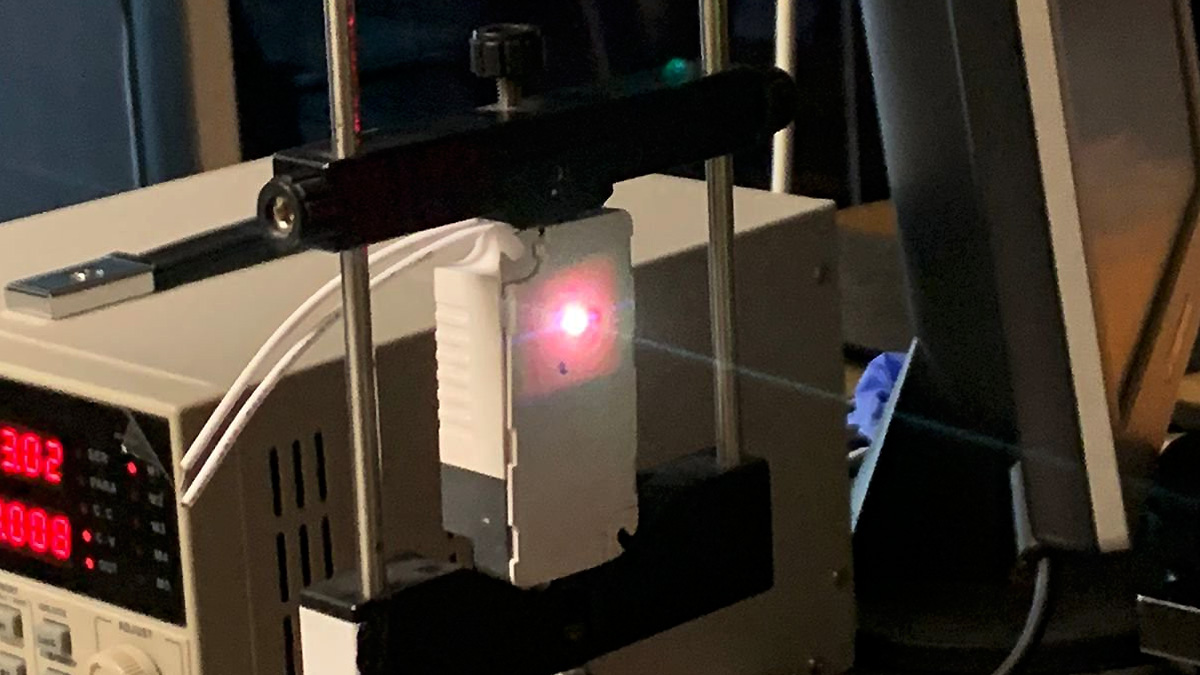
Share Tweet Share Share Email Around the world, cities are becoming “smarter” by using advanced technologies to create more efficient, sustainable, and enjoyable communities. North Carolina is also embracing this trend by bringing smart technology to its urban areas. But what does a “smart city” really mean, and how will these technologies shape North Carolina’s future? Let’s look at how smart city projects are transforming the state.
What is a Smart City? A smart city uses technology and data to improve life for the people who live there. It’s like giving the city a “brain” that connects and monitors things like traffic, energy, and waste. For example, smart traffic lights can adjust based on real-time conditions to help reduce traffic jams.
Buildings might save energy through sensors that turn off lights in empty rooms, and waste systems can even track trash levels to schedule pick-ups only when needed. The goal of smart cities is to make them safer, cleaner, and more efficient. These cities tackle modern issues, from climate change to overpopulation, by using data and technology in creative ways.
Why North Carolina is Adopting Smart City Technologies North Carolina is well-suited for smart city growth due to its increasing population, diverse cities, and focus on sustainability. Cities like Raleigh, Charlotte, and Durham are expanding fast, which brings new challenges like traffic, resource management, and keeping up with residents’ needs. North Carolina’s growing tech industry is a big asset, providing the expertise needed to develop smart city projects.
This forward-thinking approach has attracted tech companies, universities, and local governments to work together, making North Carolina a leader in adopting smart technology. Key Areas of Smart City Development in North Carolina Smart Transportation Transportation is a top priority for North Carolina’s smart cities. With the hustle and bustle in places like Charlotte and Raleigh, managing traffic is key to reducing congestion, pollution, and accidents.
Smart traffic lights that adapt to real-time conditions are already being tested. They help smooth out traffic flow, saving time and cutting down emissions from idling cars. North Carolina is also working on expanding electric vehicle (EV) charging stations and even exploring autonomous vehicles, which could lead to driverless shuttles and safer public transportation.
Energy Efficiency and Sustainability Reducing energy use is another important goal for North Carolina’s smart cities. Charlotte is installing smart energy systems in buildings to monitor and manage energy use, helping to save money and reduce waste. Solar panels are being added to public buildings in Raleigh, and other clean energy sources are becoming part of the infrastructure.
These initiatives support North Carolina’s move toward a cleaner, greener future. Water Management and Conservation North Carolina’s coastal areas are at risk from storms and rising water levels. To address this, Wilmington and other cities are using sensors that monitor water levels and help predict flooding.
This lets authorities respond quickly to protect people in at-risk areas. Some cities are also installing smart water meters, which can track water use, detect leaks, and encourage conservation. Waste Management Growing cities generate a lot of waste, and smart technology can help manage it better.
Some cities in North Carolina are testing trash cans with sensors that alert waste management teams when they’re full. This saves fuel and reduces emissions by sending trucks out only when needed. Automated waste sorting systems are also being explored, using AI to separate recyclables and cut down on landfill waste.
Public Safety Technology is also making cities safer. In Charlotte, “smart poles” with cameras, sensors, and even Wi-Fi hotspots are being tested. These can detect sounds like gunshots or breaking glass and alert authorities immediately.
Some cities are exploring facial recognition technology to help locate missing persons or people with outstanding warrants, but there’s a focus on using this tech responsibly to respect privacy. Improved Connectivity with 5G and IoT Connectivity is essential for smart cities, and North Carolina is investing in 5G and Internet of Things (IoT) technology to create faster, more reliable networks. With 5G, cities can connect more devices, like air quality monitors or parking sensors, that share data instantly.
This makes the city more responsive and creates a smooth, connected experience for residents. Challenges and Considerations As exciting as these projects are, smart city technologies come with challenges. They can be expensive to implement, so cities have to budget carefully.
Privacy and data security are also big concerns, as collecting data about residents needs to be done responsibly. Lastly, it’s important to make sure that smart city benefits reach everyone, so projects don’t end up favoring certain communities over others. Looking Ahead The future of smart cities in North Carolina is bright.
With advances in transportation, energy, and safety, residents can look forward to more connected, efficient, and sustainable cities. Young people especially have a big role to play, as many of these projects rely on tech-savvy talent to turn ideas into reality. For those interested in fields like technology, engineering, or environmental science, North Carolina’s smart city initiatives offer exciting opportunities to help shape the future.
As these projects grow, North Carolina is setting an example for smart city innovation that others around the country and the world can follow. Related Items: North Carolina , Smart City , technology Share Tweet Share Share Email Recommended for you Transforming Energy Sector Supply Chains: A Deep Dive with Paula Gonzalez on Machine Learning and Digital Innovation Building Secure Web Video Experiences with FairPlay DRM and Web Video Players Walkie-Talkie Buying Guide: How to Choose the Best Model for Your Needs Comments.














